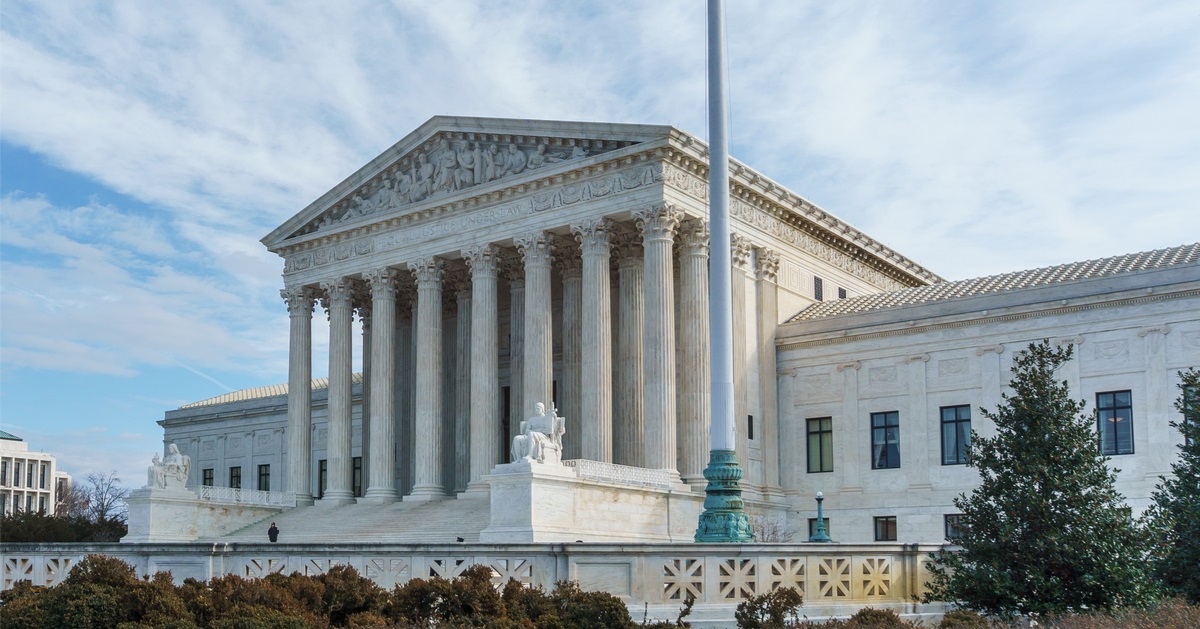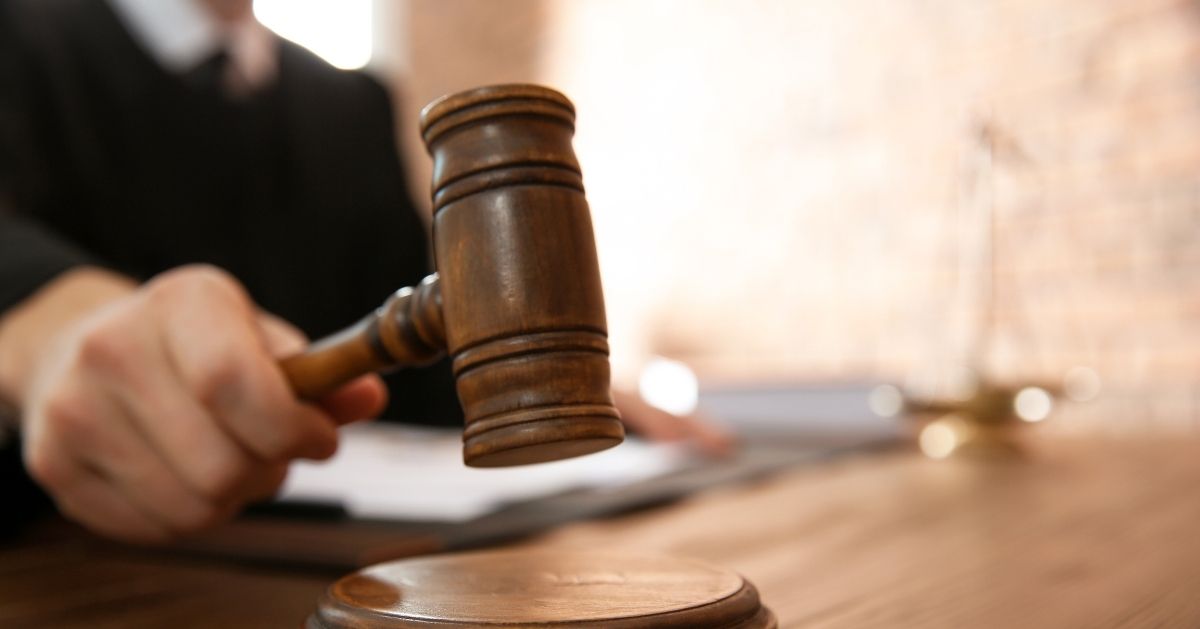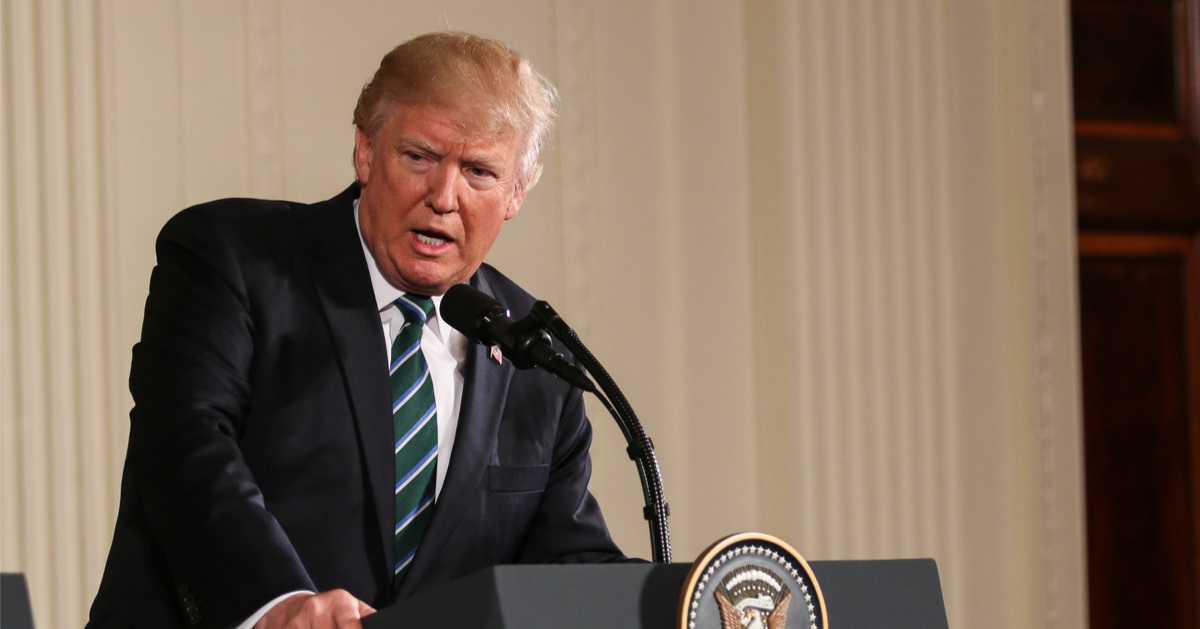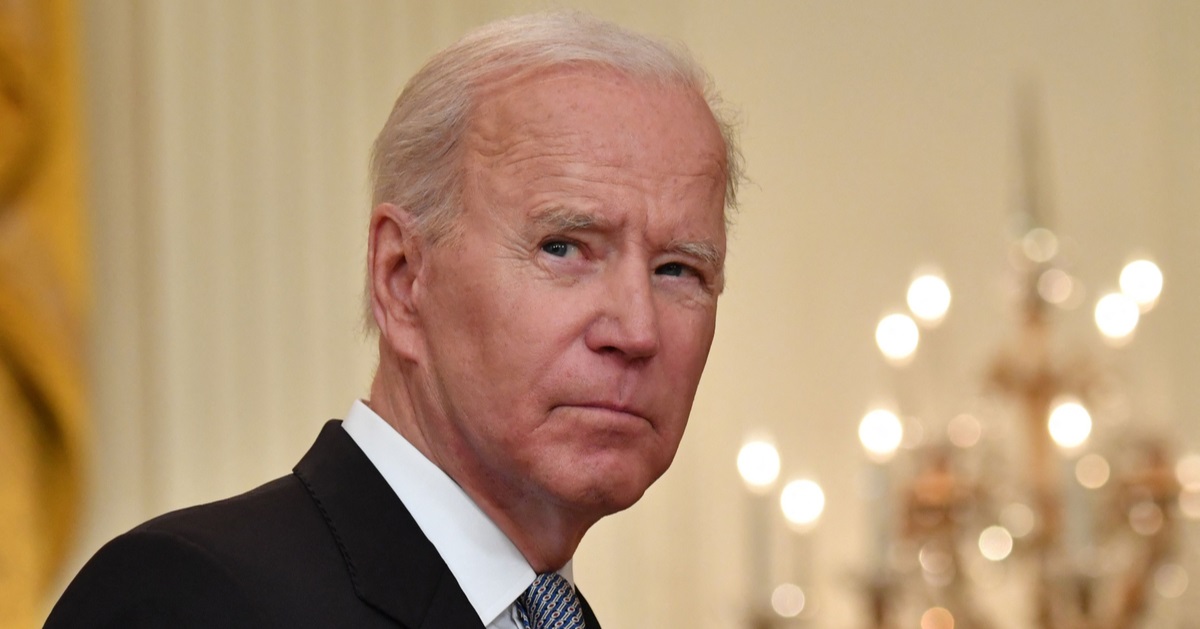Amy Coney Barrett clashes with Clarence Thomas in case on trademark law
Many on the right hailed then-President Donald Trump's decision to nominate Supreme Court Justice Amy Coney Barrett during the waning days of his administration.
Yet in a surprising move, Barrett defected from the Supreme Court's conservative block this week and sided with its liberal members in case on trade mark law.
Case concerns attempt to trademark phrase "Trump too small"
According to Slate magazine, the case in question was Vidal v. Elster, which looked at whether labor attorney Steve Elster is permitted to trademark the phrase "Trump too small."
Those words were inspired by disparaging comments which Florida Republican Sen. Marco Rubio made about former President Donald Trump during their party's 2016 primary race.
Elster's application was rejected by the Patent and Trademark Office, which pointed to a federal law barring trademarks "identifying a particular living individual except by his written consent."
In challenging that decision, Elster pointed to the First Amendment, and pointed to earlier cases in which the Supreme Court found bans on disparaging trademarks as well as "immoral or scandalous" trademarks to be unconstitutional.
Slate noted that although the Supreme Court rejected Elster' claim, the justices were deeply divided over the reason for doing so.
Justice Clarence Thomas says name rule fits with "history and tradition"
Specifically, Barrett took issue with the majority opinion written by Justice Clarence Thomas, which acknowledged that while laws which discriminate on the basis of "topic," "idea," or "message" are constitutionally suspect, the trademark law in question is not.
Amy Coney Barrett and Clarence Thomas are on collision course https://t.co/CRtkMILwgP pic.twitter.com/dUOWs2baWR
— Newsweek (@Newsweek) June 19, 2024
Yet although the "names clause" is a "content-based regulation of speech," it is nevertheless consistent with "history and tradition" going back to America's founding.
Newsweek noted that Barrett directly addressed Thomas in a footnote, writing, "Justice Thomas mistakenly suggests that I present the federal trademark register as a limited public forum. That is not my position."
Barrett: "Justice Thomas ignores my reasons for drawing the analogy"
"Rather, I view the content-based nature of the limited public forum as analogous to the trademark registration system," she continued.
"Moreover, by characterizing my argument as a conclusory statement that the limited public forum framework is 'apt,' Justice Thomas ignores my reasons for drawing the analogy," Barrett added.
She went on to assert that "loosely related" trademark cases dating back to the 19th and 20th centuries were not applicable to the names rule.





